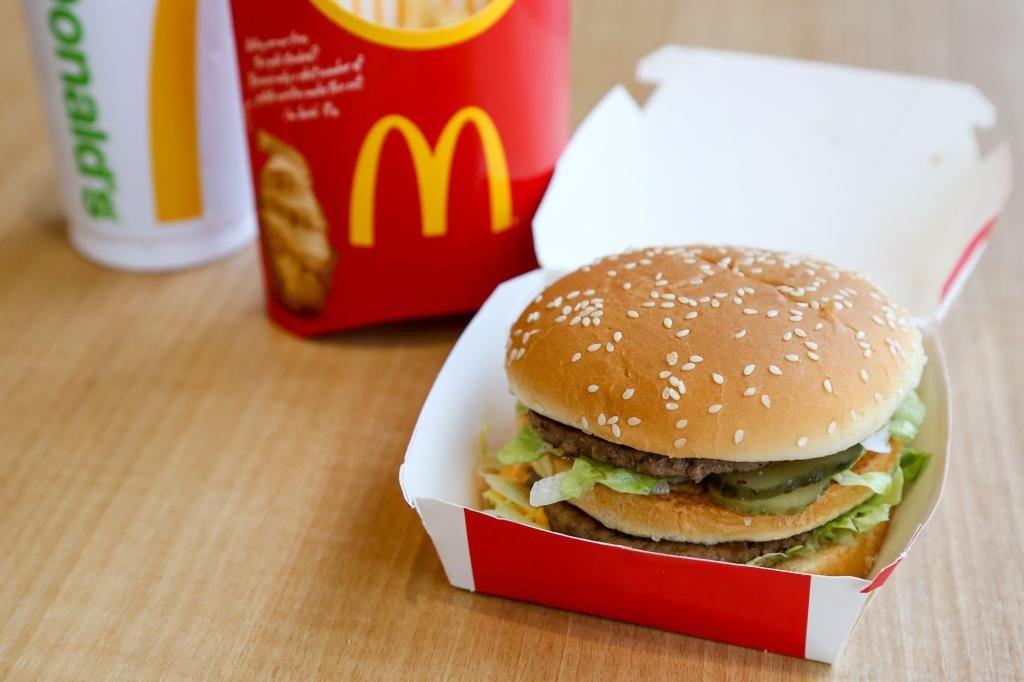Behind every pickle on every McDonald’s burger sold in the last three decades is one family – the Parles – who operate a well-oiled “small family-run business” off their property in New South Wales, Australia.
The pickle family have understandably become local celebrities in Griffith, about 375 miles west of Sydney, and even took out the fast food giant’s Supplier of the Year award for 2023.
It was an apt acknowledgment of what has been 33 years of gruelling work on Tony and Gai’s 1500 hectares, which produces 1800 tons of pickles annually, equal to between 12 and 20 million pickles.
About 200 slices go into each one kilogram pouch packed by the Parles. Each of those pouches go into a box containing eight pouches, and 64 boxes go onto a pallet.
Tony and Gai’s son, Ben – a third generation farmer, told news.com.au between 60 and 70 pallets were sold every week to supply McDonald’s stores across the country.

“If you put two pickles on a burger, it makes about two to three million burgers per week that McDonald’s would sell,” Parle said, revealing his own order – a Big Mac with extra pickles.
The Parle family, with 10 employees, produces pickles year-round. They have a custom-built harvester and a slick process on grading the pickles for size to suit the fast food chain’s specifications.
Once the correctly sized pickles are selected, they go into a big swimming pool-sized tank filled with salt brine. Then, air circulation within the tank start the four to six week fermentation process.
“That’s when the natural sugars in the cucumber will convert to a vinegar, thereby doing the pickling process and turning the cucumbers into pickles,” Parle said.
“After that, they’re shelf-stable in those tanks for up to two years. We don’t keep them that long but we can then process them and empty the tank out.”
The pickles then get washed, sliced and packaged into the one kilogram pouches before being delivered.
Cucumbers that don’t measure up get fed to the family’s cattle, which go wild over the juicy snack.
“They love them, they will chase the truck down the road,” Parle said.
The 33-year-old has worked on the pickle farm his whole life and became officially involved after high school when he was 17, making this his 16th year in the business.
“When my parents started the pickle business the average grower would grow about 2 hectares. This season we will grow around 250 hectares of pickles on our 1500-hectare property,” he said.
“Pickles are an intensive crop, growing from seed to harvest in less than 60 days. Each crop of pickles has a super tight 48-hour harvest window.”
Parle said he hadn’t crossed paths with too many pickle haters in Griffith (where he is well-known as “pickle boy”), but was aware the product — technically a fruit — wasn’t everyone’s cup of tea.
He said McDonald’s customers who requested burgers without pickles, or worse, throw them on the roof, had terrible taste.
“If someone said to me they didn’t like them, I would probably assume there’s something wrong with them,” he said.
He did speculate however that there had been a slight cultural shift in attitude towards pickles, given the rise of “trendy” fermented foods like sauerkraut and kimchi.

